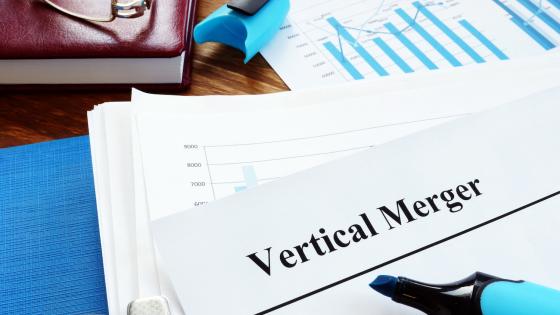DP2283 Foreign Direct Investment and Spillovers through Backward Linkages
Foreign direct investment projects can generate spillovers through backward linkages in the host economy. This will be the case if local competitors in the project's own industry can benefit from the upstream efficiency improvements that were induced by the foreign firm. We provide microfoundations for this spillover effect and argue that its creation depends crucially on the supplier arrangement that is chosen by the MNC. We use an incomplete contract framework to study the optimal supplier arrangement. The MNC will produce the inputs itself if the supplier's investment is neither too human capital nor too asset specific. The MNC will use several independent suppliers if its own investment is not too supplier specific, competition between suppliers is neither too strong nor too weak and competition in the project's own industry is not too strong. Finally, the MNC will use only one independent supplier if its own investment is very supplier specific, competition between suppliers is either very strong or very weak and the supplier's investment is either very human capital or asset specific. The foreign investment only generates spillovers to the local industry if the MNC uses several independent suppliers.

